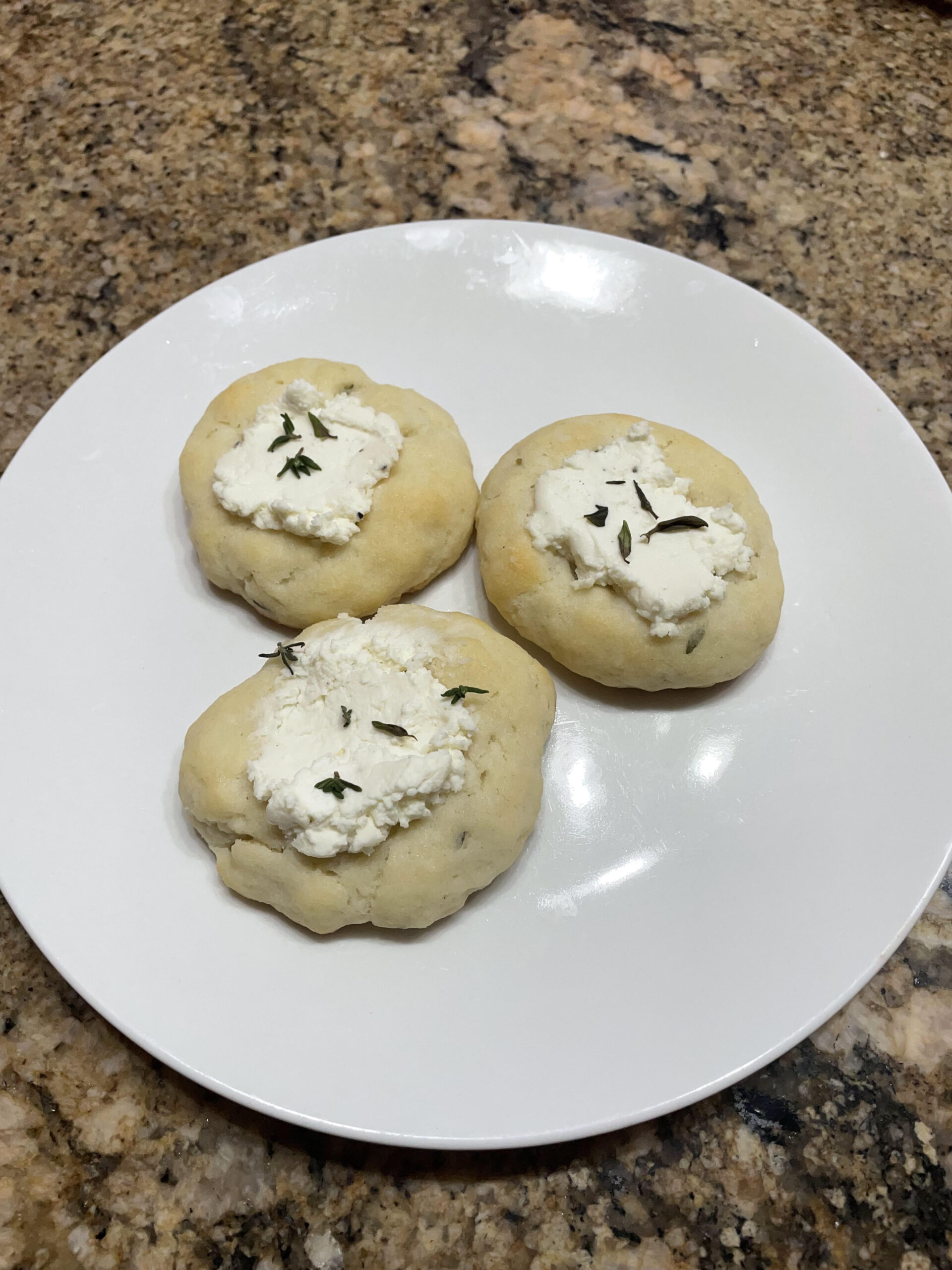
You may make delectable delights and show off your culinary ingenuity through baking, which is a fascinating culinary skill. Whether you’ve never baked before or have dabbled, this beginner’s guide will provide you the crucial advice you need to be successful. We’ll examine 10 helpful insights to increase your confidence and make your baking undertakings a success, from comprehending the fundamentals to mastering important methods.
Begin with Easy Recipes
The greatest place to start when learning to bake is with simple recipes. Search for recipes with the designations “easy” or “beginner-friendly.” These recipes often feature fewer ingredients and clear directions, which makes it easier for you to understand the core concepts without becoming too intimidated. You’ll gain confidence and provide a strong basis for future, more sophisticated bakes by steadily developing your talents.
Gather the Right Tools and Equipment
The appropriate supplies and tools may significantly improve your baking experience. A baking sheet, a whisk, mixing bowls, measuring cups, and spoons are among the fundamental kitchen necessities that you should get. You may progressively grow your collection as you go. Superior baking equipment not only improves the final product, but also speeds up and improves the process.
Measure precisely
Accurate measurements are essential for producing reliable and delectable outcomes since baking is a science. Get a quality set of measuring spoons and cups, and always adhere strictly to the directions provided in the recipe. Remember to put dry ingredients like flour into the measuring cup and level it off with a straight edge when measuring them. Use a transparent liquid measuring cup on a flat table and make sure the measurement is at eye level for liquid components.
Understand Ingredient Functions
Understanding how various components affect the end product is essential for baking success. Butter adds richness and taste, while flour gives the dish structure. Baking soda or baking powder aids in leavening, while eggs serve as a binding agent. You’ll be more confident when troubleshooting and experimenting if you take the time to understand the roles played by each component in your recipes.
Prepare the Pan and Pre-heat the Oven
Be sure to pre-heat your oven as instructed in the instructions before you start baking. This enables uniform and consistent baking. Furthermore, grease or line your baking pans with parchment paper after properly preparing them. This process makes sure that your baked items release easily and keeps them from sticking to the pan.
Develop Your Patience and Avoid Rushing
Baking needs patience since many recipes call for careful timing and certain methods. Pay close attention to the recipe’s directions and give yourself enough time for the ingredients to mix, the dough to rise, or the cakes to bake. The impulse to hurry the process should be resisted since impatience might have a detrimental influence on the outcome. Accept the slower tempo of baking and relish the hope of a wonderful result.
Study Kneading and Mixing Properly
In order to get the ideal textures in baked products, proper kneading and mixing processes are essential. While kneading bread dough, press it away from you with the heel of your hand, fold it back, and repeat. Avoid overmixing when mixing ingredients; doing so might result in difficult cakes or thick cookies. Instead, use delicate movements to combine the components. Use these methods and see your baked goods change as you do.
Never Ignore Temperature
While baking, temperature is a crucial factor. Ingredients that are at room temperature blend more readily and uniformly, producing food with superior texture and consistency. Unless otherwise instructed in the recipe, take the time to bring the ingredients to room temperature. Maintain the proper temperature in your oven throughout the baking process by making sure it is calibrated correctly. For precise temperature management, an oven thermometer may be a useful tool.
Accept the Art of Problem-Solving
Even the most skilled bakers run into difficulties in the kitchen. If a recipe doesn’t work out properly the first time, don’t give up. Instead, seize the chance to troubleshoot and gain knowledge from the situation. Does the centre of your cake sink? Underbaking or overmixing might be the blame. Your cookies may have spread too far. Your butter could have been too soft. You’ll improve as a baker by examining the outcomes and making corrections.
Exercise, experiment, and enjoy yourself!
Baking is a skill that gets better with practice. After you’ve developed some confidence, don’t be afraid to experiment with other tastes, ingredients, and methods. Don’t let occasional failures discourage you from trying new dishes or experimenting with your old favorites. Always keep in mind that baking is about both the process and the finished product. Share your creations with loved ones and take pleasure in the process of producing something tasty.
Beginning your baking journey may be both thrilling and daunting. You’ll be well on your way to baking success if you keep in mind these 10 crucial suggestions. Keep in mind to start with simple recipes, acquire the required supplies, measure precisely, and comprehend the functions of various elements. Be patient, take your time, and master the correct procedures. See troubleshooting as a chance for development, and, most all, enjoy yourself while cooking. You’ll acquire the abilities and self-assurance necessary to produce mouthwatering baked items that will impress and please with practice and persistence. Have fun baking!
